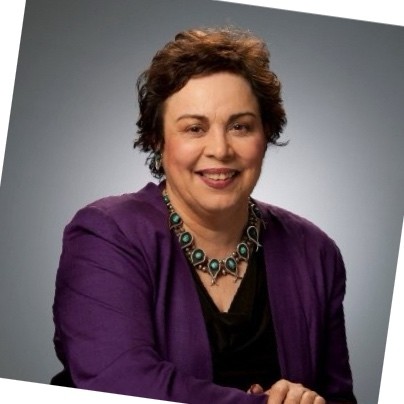Higher education alternatives: The rise of skill-based training and non-traditional learning paths. Fewer students are choosing four-year degrees due to rising tuition costs and uncertain job prospects. Many are questioning whether the financial burden is worth it when other career pathways offer quicker and more cost-effective options.
Trade Schools Are Making a Strong Comeback
Vocational training programs are gaining popularity as they provide hands-on skills that lead to well-paying jobs in fields like construction, electrical work, and plumbing. These careers often require less time and money than a traditional degree.

Online Certifications Are Replacing Degrees in Some Fields
Many industries, including tech and digital marketing, now prioritize skill-based certifications over traditional degrees. Platforms like Coursera, Udemy, and Google Career Certificates allow learners to gain industry-relevant skills at a fraction of the cost.
Apprenticeships Are Becoming a Preferred Option
Apprenticeships offer a combination of paid work and practical training, making them a viable alternative to college. Fields like healthcare, cybersecurity, and advanced manufacturing are expanding apprenticeship opportunities.
Entrepreneurship and Freelancing Are More Accessible Than Ever
The rise of the gig economy and digital business models enables young professionals to build careers without a formal degree. Many individuals are using social media, e-commerce, and freelancing platforms to generate income.
Tech Bootcamps Are Delivering Fast-Track Career Training
Coding bootcamps and specialized tech training programs are allowing students to enter high-paying fields like software development, cybersecurity, and data science in under a year. Many graduates secure jobs with major companies without holding a traditional degree.
Companies Are Changing Their Hiring Standards
Major employers like Tesla, IBM, and Google have shifted focus from formal degrees to demonstrable skills. Many organizations now consider experience, certifications, and portfolio work as more valuable than a diploma.

I have 20 years of experience in higher education leadership. I held prominent academic positions at various institutions, concentrating on key areas such as student learning, faculty development, curriculum design, and institutional accreditation. As the Team Chair for eleven accreditation evaluations with the Middle States Commission on Higher Education, I have successfully directed thorough assessments that uphold academic standards and regulatory requirements. Furthermore, I have provided consulting services to major international institutions, offering guidance on accreditation processes, strategic planning, and governance frameworks. Her extensive knowledge in assessment, budget management, and collective bargaining and her commitment to academic excellence and institutional effectiveness make her a passionate champion for shared governance in higher education.
